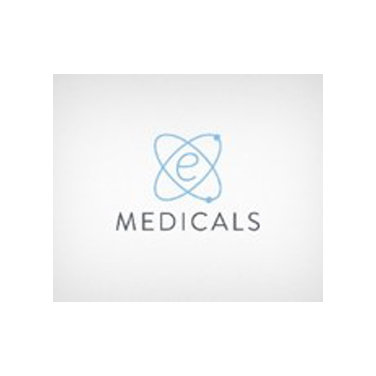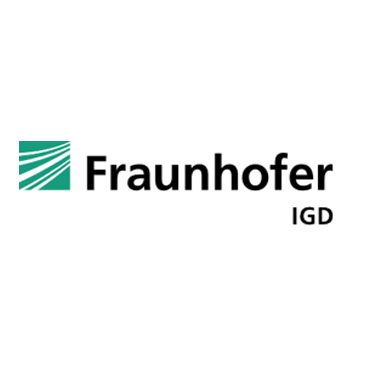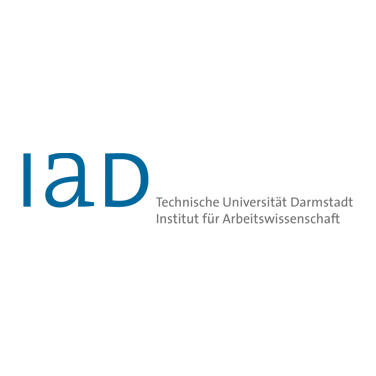Background
With a prevalence of more than 2 million patients with chronic kidney disease, the pressure on nephrologists in Germany to provide care is extremely high. While therapy requires complex treatment decisions based on a multitude of laboratory parameters, possible comorbidities, the psychosocial situation of the patients and their perceived general quality of life, nephrologists currently have only an insufficient data basis at their disposal, while the high visit frequency does not allow for a comprehensive anamnesis during the consultation.
Aims
The aim of the 18-month nephroDS project was to develop a holistic digital nephrological decision support system that is geared towards the decision-making processes and support preferences of nephrologists. The nephrological decision support system developed in the project should make it easier for the almost 2,850 nephrologists registered in Germany to understand complex interrelationships, offer predictions on the course of negotiations and promote the integration of dietary recommendations into nephrological therapy.
Method
In order to enable customized decision support adapted to the workflows and decision-making processes of nephrologists, the human-centered development process was pursued with the involvement of nephrologists. In the spirit of participatory design, design solutions were iteratively developed, implemented and evaluated together with nephrologists. The IAD was responsible for the scientific user-centered supervision of the project and provided support in the design, implementation and evaluation of user studies for the development of the architecture and the user interface of the nephrological decision aid.
Partners
Funding
This project (HA project no.: 1008/21 – 10) is funded within the framework of the Hessen Innovation Promotion Programme by the LOEWE – Landes-Offensive zur Entwicklung Wissenschaftlich -ökonomischer Exzellenz, Förderlinie 3: KMU-Verbundvorhaben.









